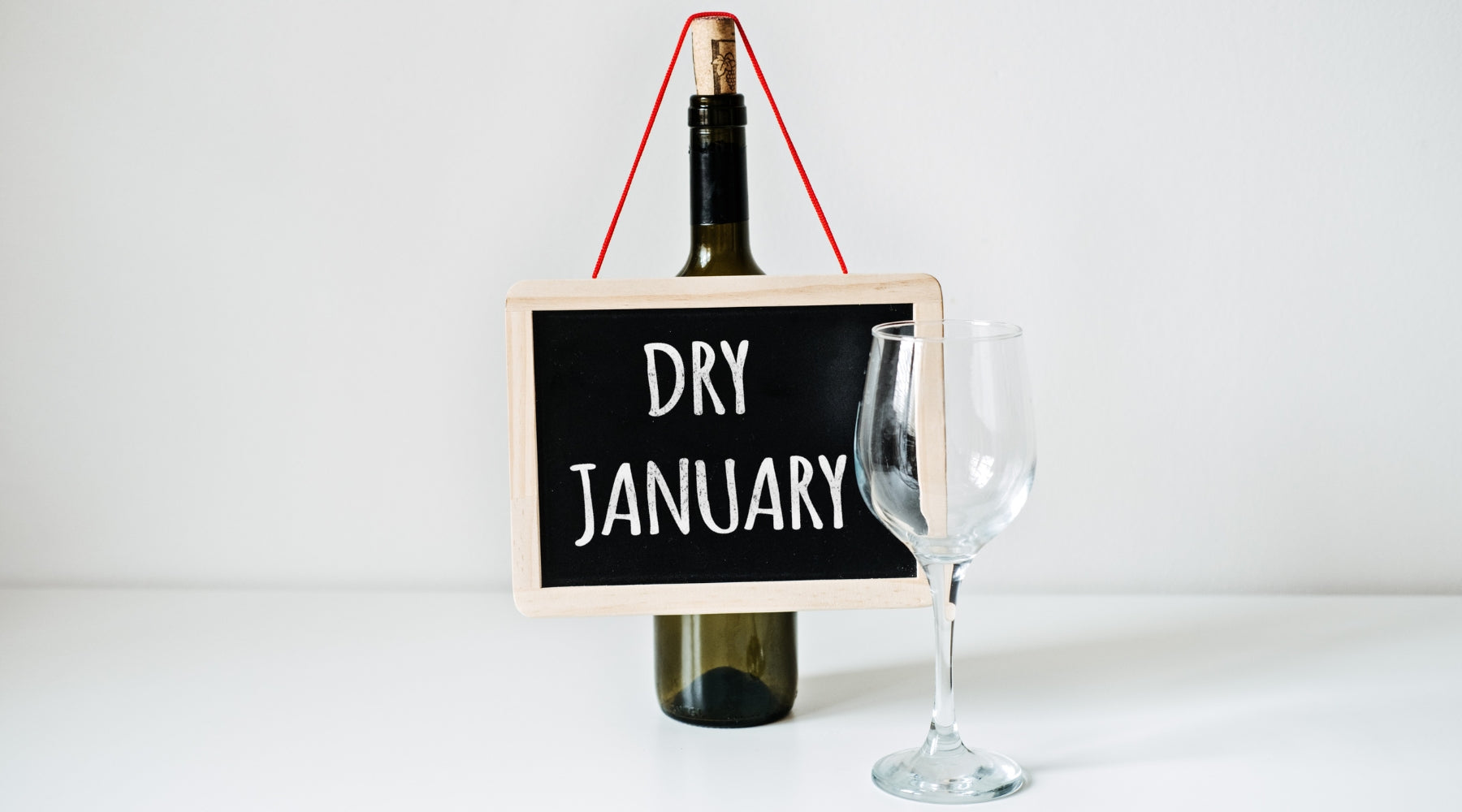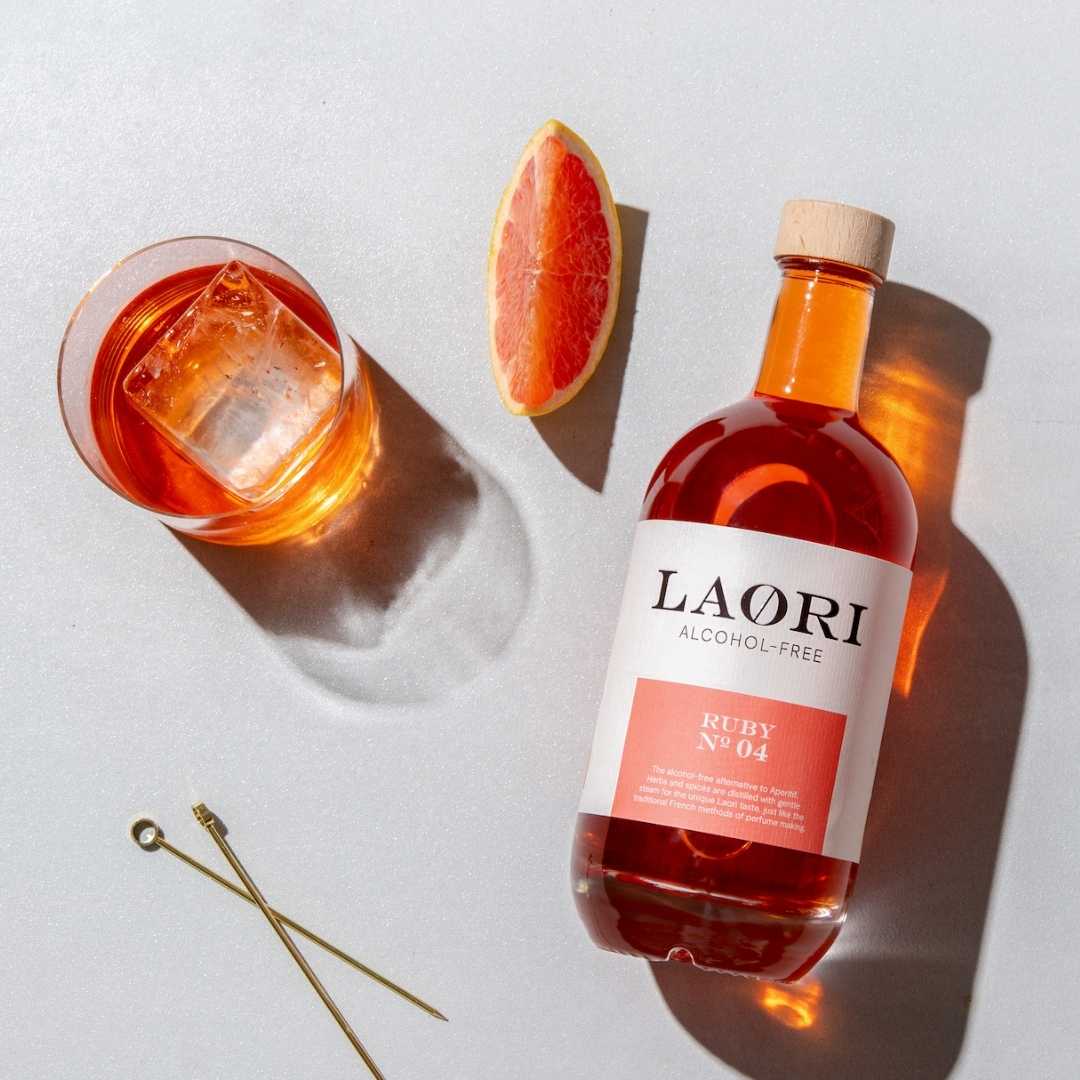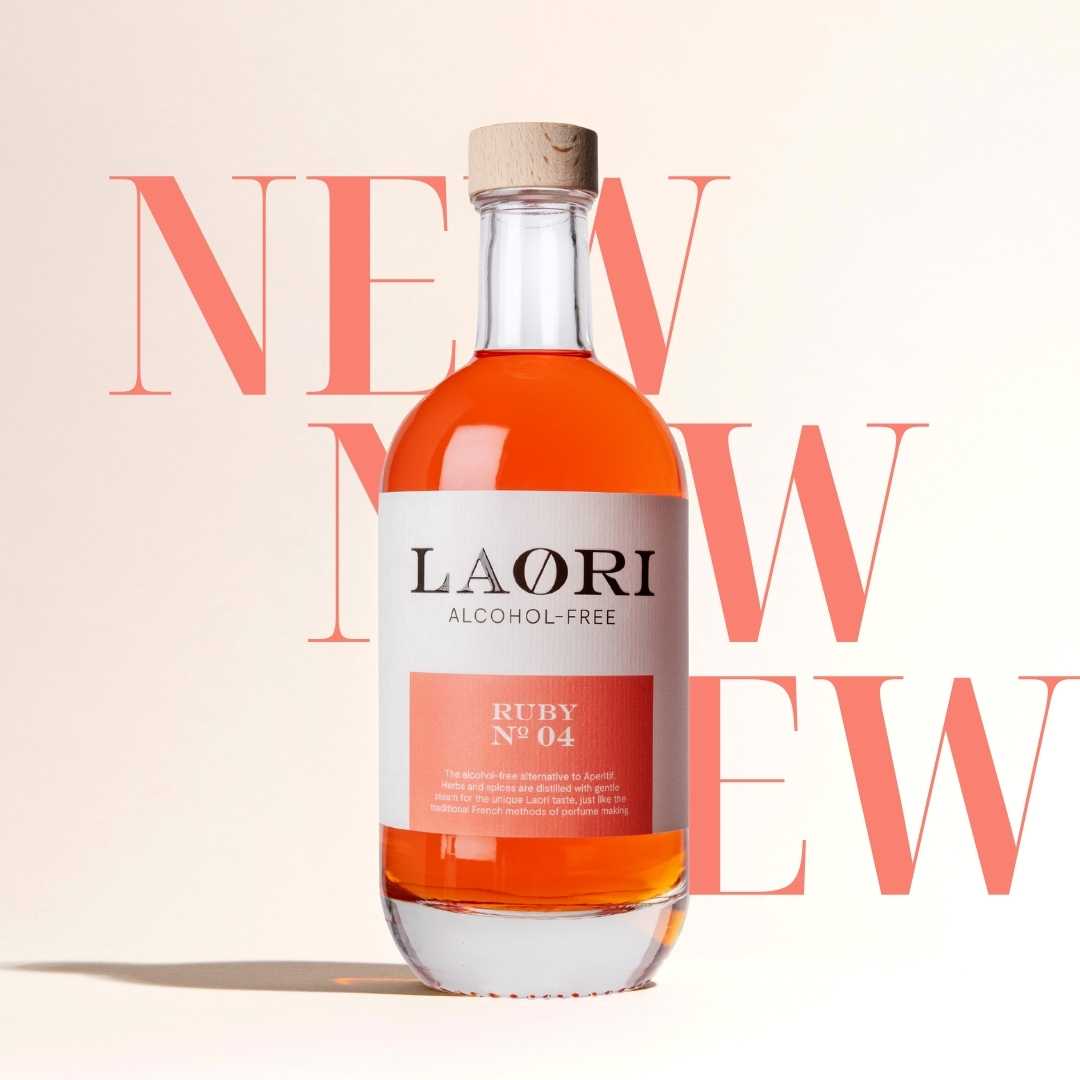
What is Dry January?
- Where does Dry January come from?
- What are the reasons for participating in Dry January?
- Does participating in Dry January mean that you have to forgo enjoyment?
The New Year is just around the corner and before that happens, there will be a lot of drinking! December is a very alcoholic month for most of us: mulled wine during Advent, beer, wine and champagne during the Christmas holidays and cocktails on New Year's Eve! An alcohol-free month would be appropriate, right?
How fitting that December brings a new year and with it new resolutions. The good resolution to drink less alcohol in the New Year is not new. Dry January is about not drinking alcohol for a month.
Where does Dry January come from?
The idea of abstaining from alcohol has been around for a long time: in the 1940s, the Finnish population was encouraged by their government to give up alcohol completely at the beginning of the new year.
Dry January as we know it today, however, comes from Great Britain. Dry January has been called for there since 2013. At that time, 4,000 Britons tried to give up alcohol for a month. Nowadays, it is a worldwide movement and according to Yougov, one in five Americans participated in Dry January in 2020.
There's a little more to the British call for Dry January. In UK alcohol is the leading cause of death for people aged between 15 and 49! But Germany is not far away from this, as it is considered a high-consumption country, as everyone aged 15 and over drinks an average of 10.9 liters of alcohol per year.
Dry January creates awareness, drinking consciously and provides food for thought for the rest of the year! It helps you rethink and redefine your relationship with alcohol. Others see Dry January as a test of willpower!
What positive benefits can you see from a Dry January for your well-being? Read our blog post here!
Non-alcoholic bestsellers
bestseller
















